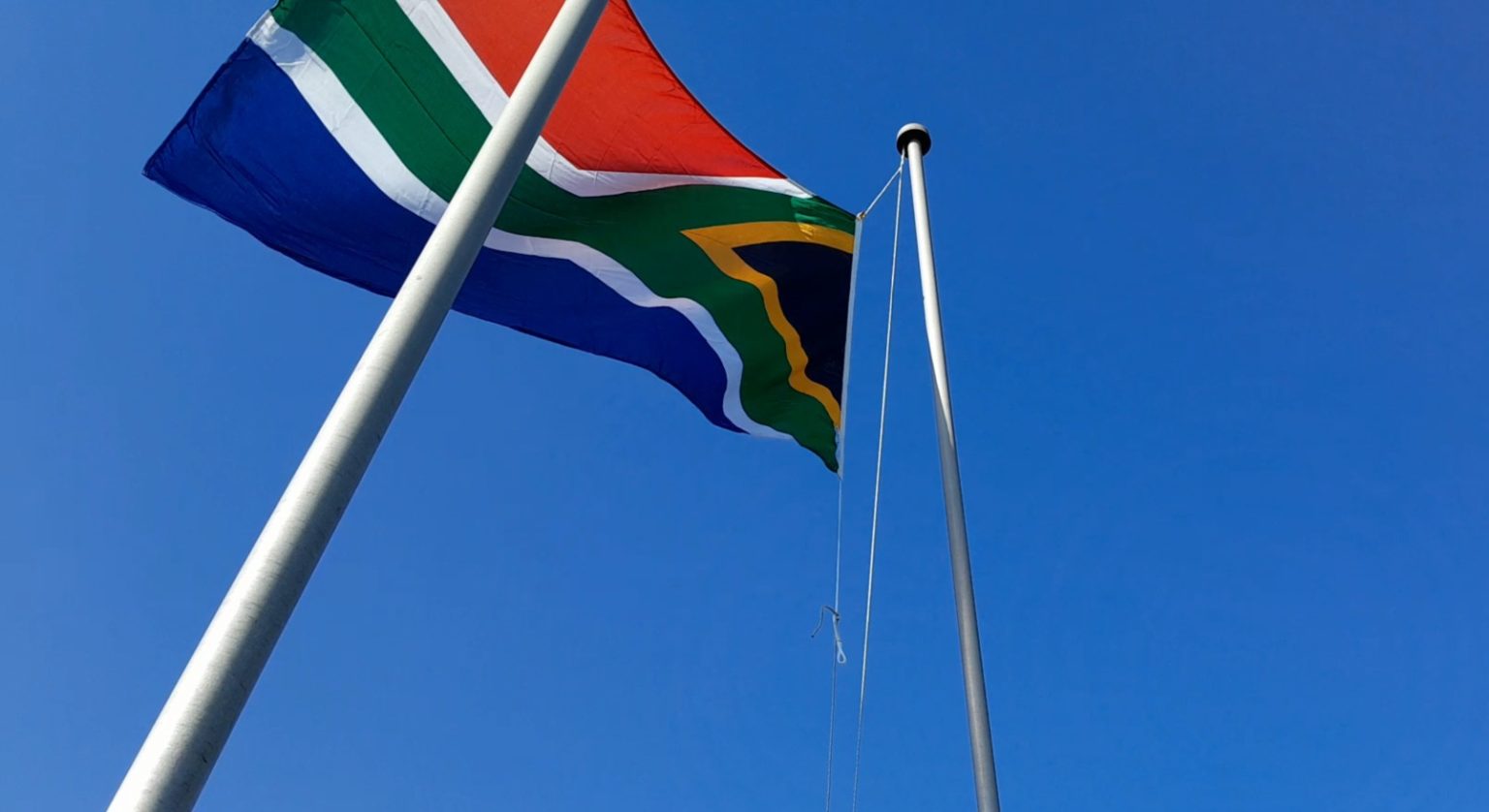By Makhosazana Radebe
The Basic Education Laws Amendment (BELA) Act is being hailed as one of the most significant and daring transformations in South Africa’s education landscape in recent history.
Signed into law by President Cyril Ramaphosa on September 13, 2024. The BELA Act extends schooling by making Grade R compulsory, outlaws corporal punishment, recognises South African Sign Language (SASL), and takes decision-making power on admissions and language policy away from school governing bodies. These are sweeping ambitions, and on paper, they paint a picture of a fairer, more inclusive education system.
However, just like many ambitious reforms, the BELA Act’ real weight lies in how it will unfold beyond the gazette as teachers face some immediate strains. In many schools, Grade R classrooms are already overcrowded, with a single educator handling scores of children, well above recommended levels. The Act’s compulsory rollout is forward-looking, yet without new infrastructure or additional staff being recruited, it risks diluting early learning rather than strengthening it.
On the other hand, parents, too, are navigating mixed feelings. For some, the BELA Act represents progress toward safer schools and better child protection. Yet concerns around penalties for absenteeism remain. The act will impact townships and rural areas where poverty, transport shortages, and a mirage of social ills often keep learners at home. On the other end of the spectrum, parents from cultural and linguistic minorities read the centralisation of admissions and language policy as a loss of community agency. For them, the Act feels less like they are being included and more like their language and culture are being erased.
Principals offer a more structural perspective. They know that language policies have long served as barriers to entry, quietly excluding children who don’t fit a specific school’s profile. From that angle, the BELA Act is a push against entrenched discrimination. But principals are also pragmatists: they know reforms are only as good as their implementation. Shifting decision-making to provincial authorities could dismantle unfair practices, but it could also create new layers of bureaucracy that leave learners waiting.
The government insists that the BELA Act is about fairness and access, and international observers have echoed that view. The African Commission on Human and Peoples’ Rights, for example, praised the Act’s inclusive stance, especially its recognition of Sign Language and protections for undocumented learners.
Still, the measure of BELA Act will be in delivery. A law can promise equality, but without smaller classes, functional transport, adequate infrastructure, space for cultural dialogue and political will, it risks staying in the realm of aspiration. For now, the BELA Act feels less like the end of a debate and more like the opening chapter of a difficult, necessary conversation about what true equity in education looks like.

